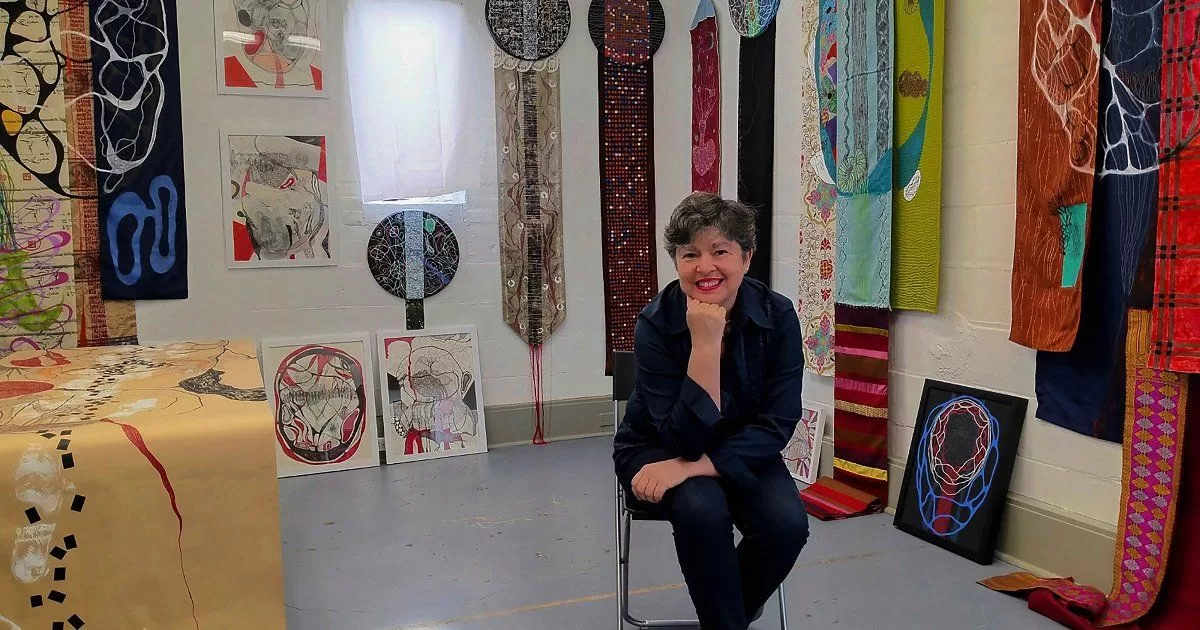In Monday’s threat assessment from PST, a lot of space is given to foreign agents.
– Russia, but also other states, have intelligence officers stationed in Norway. These will still try to recruit sources and contacts who have access to the information they seek, said PST manager Beate Gangås to TV 2 on Monday.
Ola Kaldager is the former head of the E-service’s intelligence group E 14. He takes it for granted that foreign agents operate in Norway.
FORMER INTELLIGENCE OFFICER: Ola Kaldager was head of the E-service’s intelligence group E 14. Photo: Terje Pedersen/NTB
– How does a spy work?
– It is not the case that everyone lives undercover and has a new identity. They can certainly be found in Norway as well, but most are ordinary students and researchers who have a small assignment on the side, and who make sure to provide information to the intelligence service in their home country, he says in the TV 2 program Norwegian conditions.
It is probably intelligence based on openly available information that is growing the most, says Kaldager, and describes how agents gather pieces of information from various sources and put it together to form a bigger picture.
– It’s not a “James Bond business” in particular, that is. It is painstakingly worked over time.
Academy is postponed
Kaldager is supported by Ørjan Karlsson, who is writing a PhD on security policy.
Openness, information sharing and working across countries and sectors are important in academia. Therefore, the university sector can be easier to infiltrate, he says.
– By entering a university, you gain access to networks, you can map which actors know what, you even get an email address that can give you access to lectures and meetings where people speak according to so-called “Chatham House rules », says Karlsson.
AUTHOR: Ørjan Karlsson is writing a PhD on social security, has written several spy novels and hosts the podcast “Gray Zones – the new cold war”. Photo: Jan Petter Lynau
The sum of this information can be valuable, he explains:
– Then we come to these tiny building blocks that you constantly acquire and put together to form a bigger picture, which in sum becomes very interesting.
Want information about infrastructure
In addition to traditional, military-strategic information, foreign powers are particularly interested in intelligence material linked to Norway’s fully digitized infrastructure, says Kaldager.
– If you look at Russian military doctrine now, they are very concerned with the “war before the war”, with complex threats, he says.
SPY VIEW: PST believes Jose Assis Giammaria is actually the Russian Mikhail Valerievich Mikushin. He was employed at the University of Tromsø when he was arrested. Photo: Twitter
In particular, cuts to the electricity supply will hit society hard, he says, using the sewage system in Bodø as an example.
These are many places based on electric pumps. A prolonged power outage will have “terrible consequences” for people living in apartment blocks, he explains.
– If you turn off the electricity in Norway, it gets pretty quiet pretty quickly. There is little back-up, he asserts.
Kaldager is currently deputy mayor of Gildeskål municipality in Nordland. There, the home service uses electric cars. This is yet another example of how society will be affected if the electricity were to disappear, he says and states:
– It will hit society quite hard; everyone will be hit.
HACKING: Cuts to the power supply will hit society hard, says Karlsson. Illustration of Russian hacking. Photo: Dado Ruvic/Reuters
Can be exposed to pressure
Karlsson says that it is important to be aware that Russians in Norway may be exposed to pressure from Russian intelligence.
He describes what he calls a “nightmare scenario” that can lead to someone becoming an involuntary informant:
– One day an unknown person from, for example, the Russian military intelligence or FSB calls and says: Hey, what about your brother – do you think we should send him to Ukraine to fight, or would you perhaps do us a favor?, explains Karlsson.
He emphasizes that it is important to think about what role you give Russian workers, and what potential situations you expose them to by giving them responsibility.
– I think that these people will quickly get on the radar if they get positions that are of interest to the neighbors to the east, he says.
More people have to think about security
Karlsson says that it is important that people and agencies who are not used to thinking about security also start doing this now.
Private players who manage important infrastructure for society must realize that they can be clear targets, he says.
He emphasizes that public services in small municipalities, such as NAV offices and health institutions, must also be aware of security:
– If you get access to personal information and other things that are there, you can come up with quite a few bad things that can affect social functions, concludes Karlsson.
You can get the Norwegian state of affairs program on TV 2 Nyheter every Thursday at 17.30 and on TV 2 Play at any time.
NORWEGIAN CONDITIONS: Eirik Bergesen, Elin Ludvigsen and Morten Sandøy go in depth on current topics every Thursday on TV 2 Nyheter. Photo: TV 2








